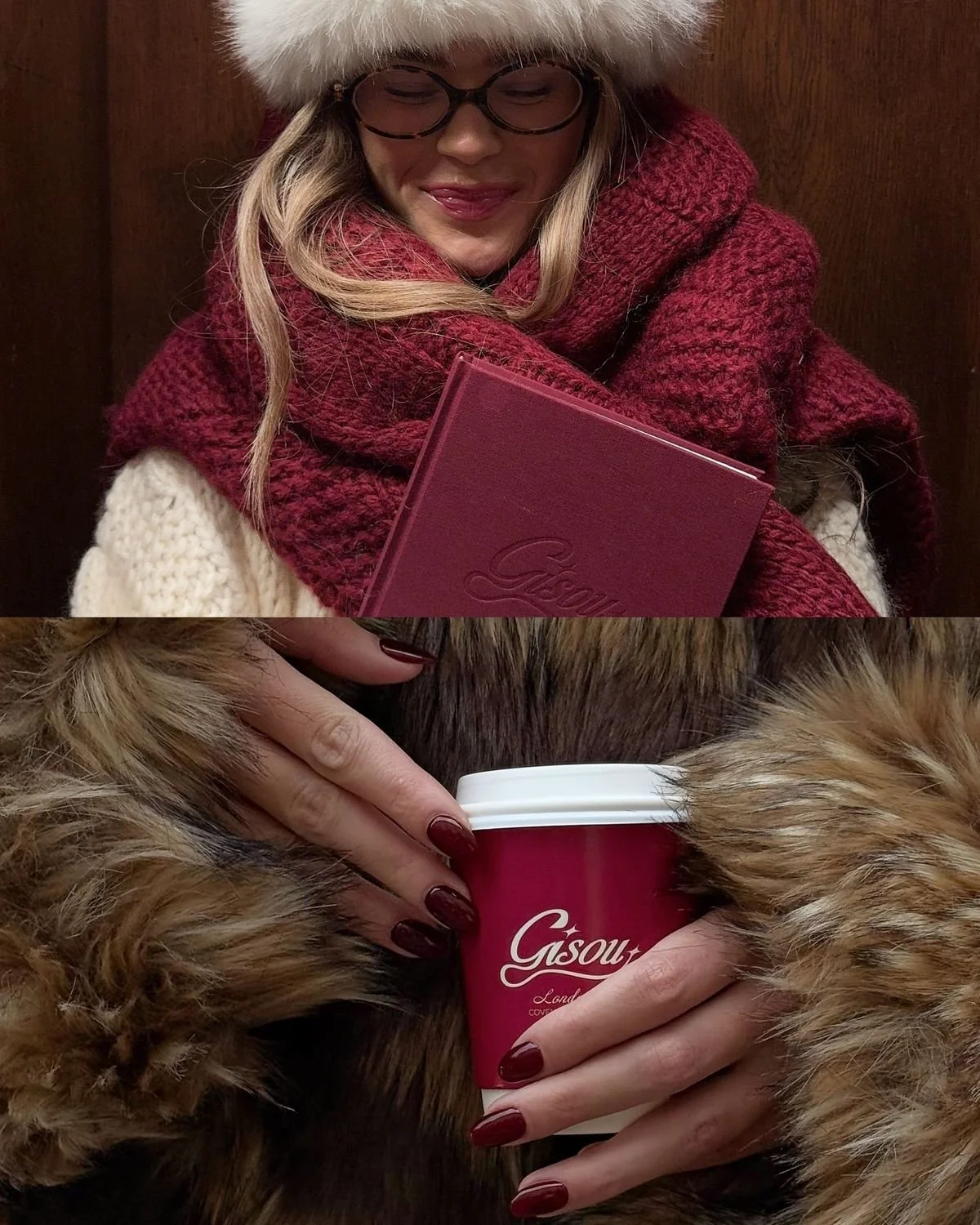Luxury with Purpose: Creating a Brand That’s Both Profitable and Purpose-Driven
In today’s rapidly changing business landscape, luxury brands are no longer just about opulence and exclusivity. More and more, consumers are seeking purpose-driven brands—ones that don’t just sell products but stand for something greater. As the demand for sustainability and ethical practices grows, it’s clear that luxury can be synonymous with purpose. A luxury brand built with sustainability and purpose in mind not only resonates with today’s conscious consumer but also creates lasting value that transcends short-term profits.
Creating a luxury brand with purpose is about weaving together authentic values, sustainable practices, and a timeless appeal. It's about crafting products that not only embody elegance and quality but also reflect a commitment to the environment, community, and future generations. Whether you're starting a new luxury brand or looking to refine an existing one, the foundation must be grounded in purposeful design and ethically driven business practices.
Building a Luxury Brand with a Sustainable Focus
At the heart of a purpose-driven luxury brand lies the understanding that sustainability is no longer an afterthought—it's the core of the brand’s identity. To build a luxury brand that’s both profitable and meaningful, start by considering how sustainability can be woven into every aspect of your business. From sourcing materials to the way you produce, market, and package your products, every decision should reflect a deep commitment to eco-conscious practices.
Take, for example, Loro Piana, a brand renowned for its luxurious cashmere and wool products. Loro Piana is committed to sustainable sourcing of materials and has integrated eco-friendly practices into its production processes, ensuring that every product is not only crafted with the finest materials but is also created with the planet in mind. Another great example is Bvlgari, which has increasingly focused on ethical sourcing and sustainability in its jewelry, ensuring that its high-end pieces are made with responsibility and care for the environment. These brands show that luxury and sustainability can coexist beautifully.
Practical Tip: Start by incorporating sustainable materials and ethical sourcing into your brand's supply chain. Whether it’s using organic fabrics or recycled materials, creating transparency around your production process will strengthen your brand's credibility and appeal to today’s conscious consumers.
Consumer Demand for Purpose-Driven Brands
Today’s luxury consumer is not only looking for quality, but they’re looking for brands with a purpose. With an increasing emphasis on social and environmental issues, consumers are actively choosing to support brands that align with their values. Purpose-driven branding is no longer a luxury; it’s an expectation. Consumers want to feel that their purchases contribute to something greater—whether that’s supporting a local community, promoting fair labor practices, or protecting the environment.
Luxury brands that fail to adapt to these evolving consumer demands risk losing relevance. According to recent studies, millennial and Gen Z consumers are particularly drawn to brands that exhibit authenticity and are transparent about their business practices. They want to know that their purchasing decisions support businesses that make a positive contribution to the world.
Practical Tip: Take the time to define your brand's core values. Reflect on what truly matters to your business—whether it's environmental responsibility, ethical production, or supporting local artisans—and ensure that these values are communicated through every touchpoint with your audience.
Creating Authentic Brand Values and Messaging that Resonate
A luxury brand without authentic values risks appearing superficial, no matter how polished its products may be. Authenticity is at the heart of creating a purpose-driven brand, and it’s important to communicate this authenticity through every aspect of your brand messaging. From your marketing materials to your website copy, your brand’s story should reflect its commitment to sustainability, ethics, and the future.
Take Fendi, for example, a brand that has continued to elevate its sustainability initiatives while staying true to its legacy of luxury and craftsmanship. Fendi’s initiatives focus on preserving heritage craftsmanship and creating innovative, sustainable designs, ensuring that luxury and sustainability are embedded in its core messaging. Similarly, Brunello Cucinelli, renowned for its high-quality cashmere and sustainable practices, communicates its values of human dignity and environmental responsibility through every collection. These brands have successfully intertwined luxury with purpose, showing that authenticity is a key pillar of brand success.
Practical Tip: Create a brand manifesto that outlines your business’s core values. Share your commitment to sustainability and ethical practices in all your marketing materials. Ensure that your messaging is consistent across all channels, from your website to social media.
Final Thoughts: The Future of Luxury is Purpose-Driven
As consumer expectations continue to evolve, building a luxury brand with purpose is no longer optional—it’s essential for long-term success. By focusing on sustainability, aligning your brand’s values with consumer demands, and ensuring your messaging reflects a genuine commitment to ethical practices, you can create a brand that resonates deeply with today’s conscious consumers.
Luxury and purpose can go hand in hand—creating a brand that is both profitable and meaningful requires a deep commitment to values that will stand the test of time. By integrating sustainable practices into every facet of your business, your brand not only thrives but also contributes to a future that’s better for all.
Let’s discuss how you can refine your business strategy and build a luxury brand with purpose. Book a free 15-minute consultation here: martinamanca.com/1-to-1-consulting.





























